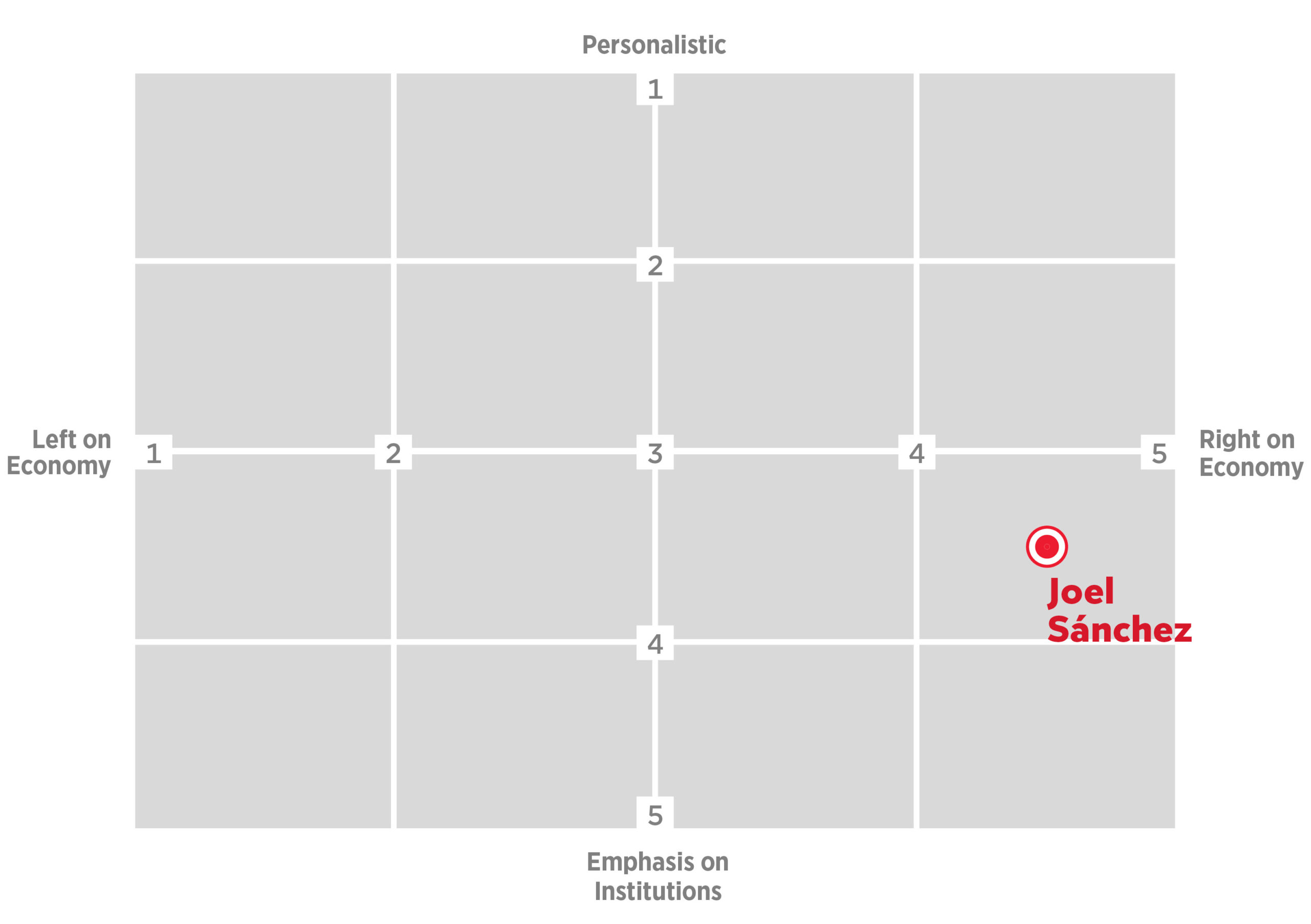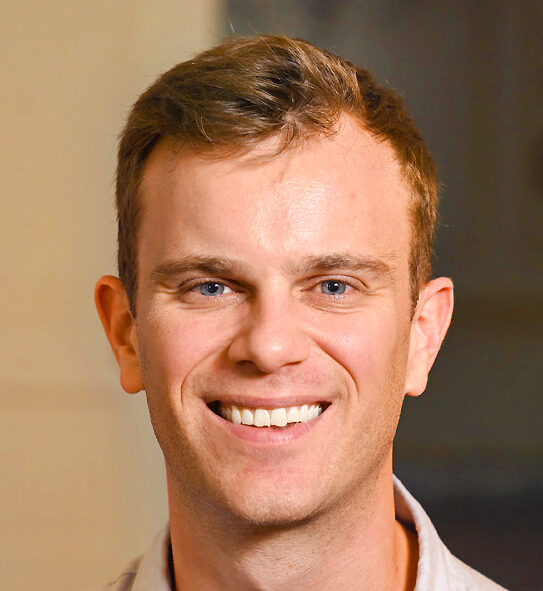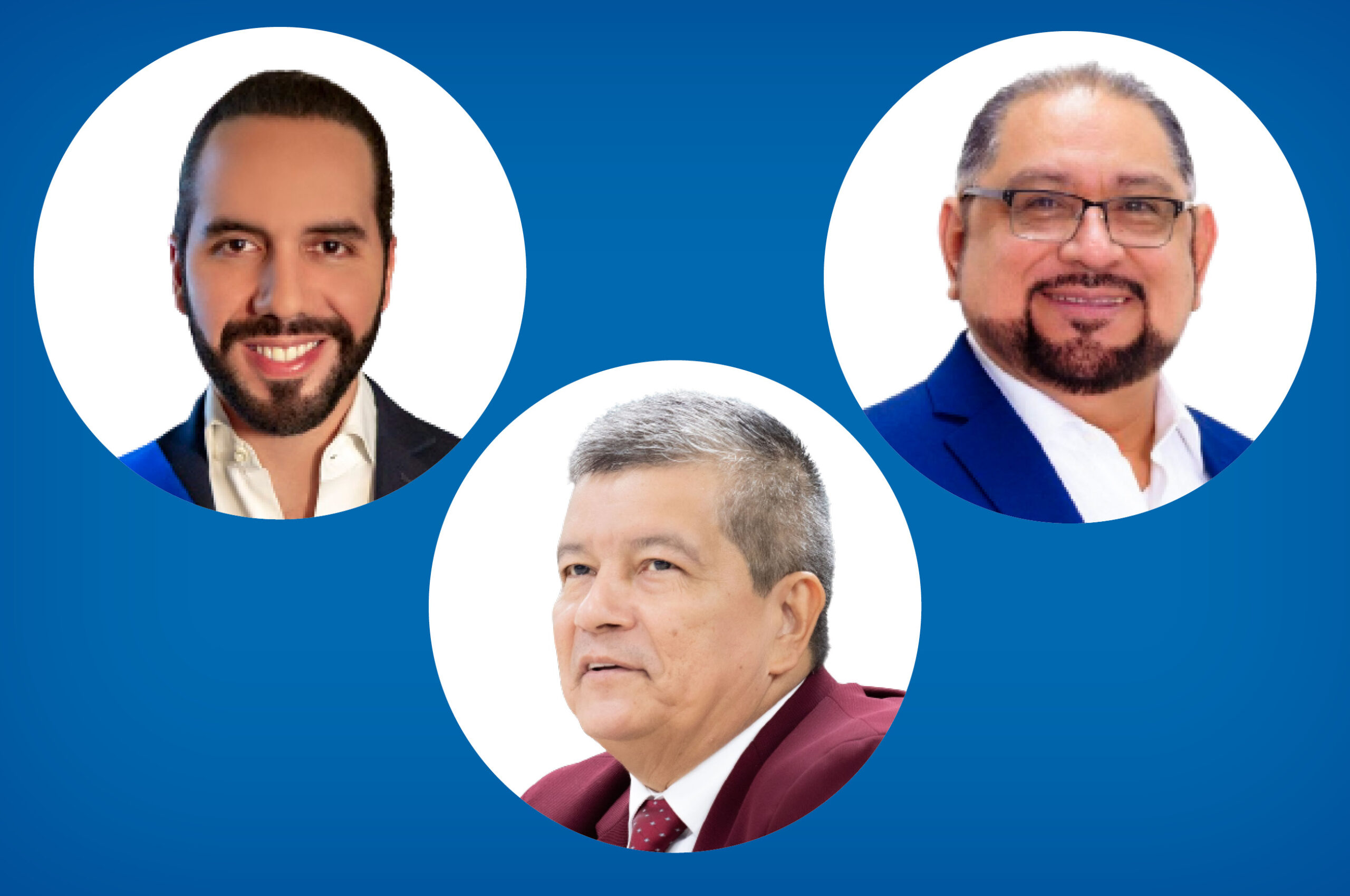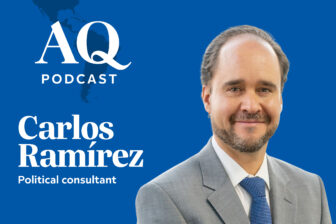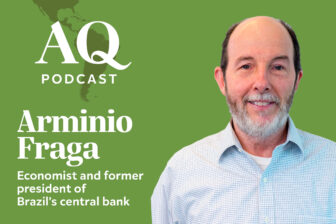This article is adapted from AQ’s special report on Latin America’s election super-cycle
El Salvador’s voters will elect a president, vice president and all 60 seats in its unicameral legislature on February 4. If no presidential candidate receives over 50% of the votes, a second round will be held on March 3, but incumbent Nayib Bukele is expected to win the first round with a margin wide enough to avoid a runoff.
A second set of elections will be held on March 3 to choose mayors and councils in all 44 of the country’s municipalities and all 20 of its Central American Parliament (Parlacen) seats.
This page includes the three leading presidential candidates in November polling from the Instituto Universitario de Opinión Pública (Iudop), listed in alphabetical order by last name. We will occasionally update this page to reflect developments in the campaigns.
AQ also asked a dozen nonpartisan experts on El Salvador to help us identify where each candidate stands on two spectrums: left versus right on economic matters, and a more personalistic leadership style versus an emphasis on institutions. We’ve published the average response, with a caveat: Platforms evolve, and so do candidates.
This piece is part of AQ’s ongoing coverage of upcoming elections.
Nayib Bukele | Manuel Flores | Joel Sánchez
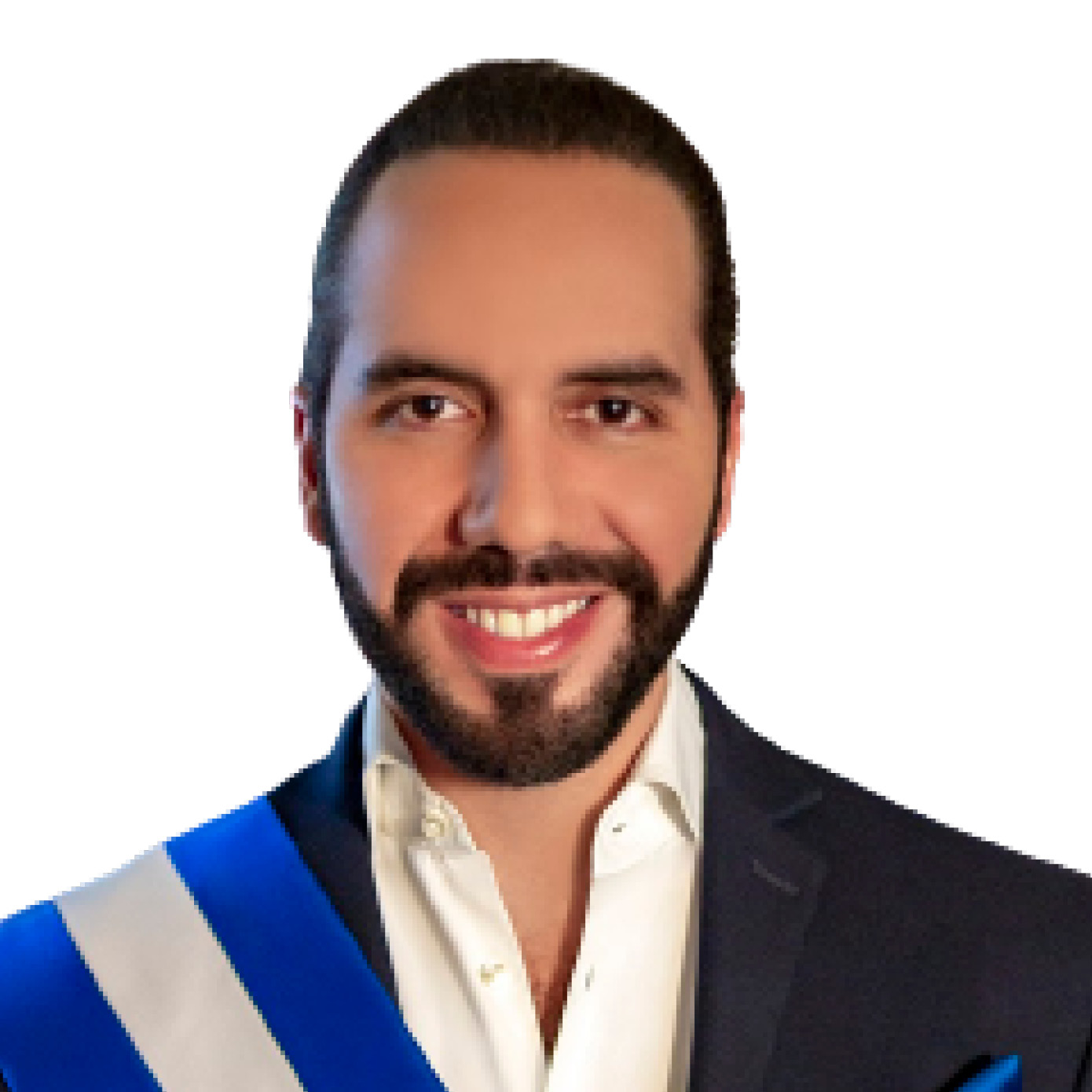
Nayib Bukele
42, incumbent
Nuevas Ideas
“We are showing the new face of El Salvador to the world.”
HOW HE GOT HERE
Bukele comes from a prominent business family and was mayor of San Salvador (2015-18). In 2019, he became the first president since the 1980s not from the FMLN or ARENA parties. As president, he has led a controversial crackdown on gangs that has delayed or denied due process for many defendants, but has contributed to a sharp decline in violence. El Salvador was the hemisphere’s most violent country in 2015, with a murder rate of 103 per 100,000 inhabitants. By 2022, that figure had fallen to just 7.8.
WHY HE MIGHT WIN
Bukele has a 90% approval rating in some polls and is dominating surveys ahead of the election. His security policies are popular and he and his inner circle have largely avoided the corruption accusations that plagued previous Salvadoran leaders. His current run for president defies a constitutional ban on consecutive reelection, but a friendly Supreme Court approved his bid, reflecting Bukele’s growing power over other branches of government.
WHY HE MIGHT LOSE
Bukele is expected to win by a wide margin. However, rising food prices are a political vulnerability even as overall inflation cools; food insecurity affects almost half the population. Some also resent his anti-democratic moves to accumulate power, and the sweeping civil rights violations of his gang crackdown that has left nearly 2% of the adult population incarcerated.
WHO SUPPORTS HIM
Bukele’s success against street-level crime has earned him broad support throughout the country in rural and urban areas and among people of all social classes and education levels.
WHAT HE WOULD DO
Bukele will maintain his gang crackdown and likely focus on infrastructure projects and other public works like the enormous new National Library. He will also seek a new agreement with the International Monetary Fund to boost economic growth.
IDEOLOGY
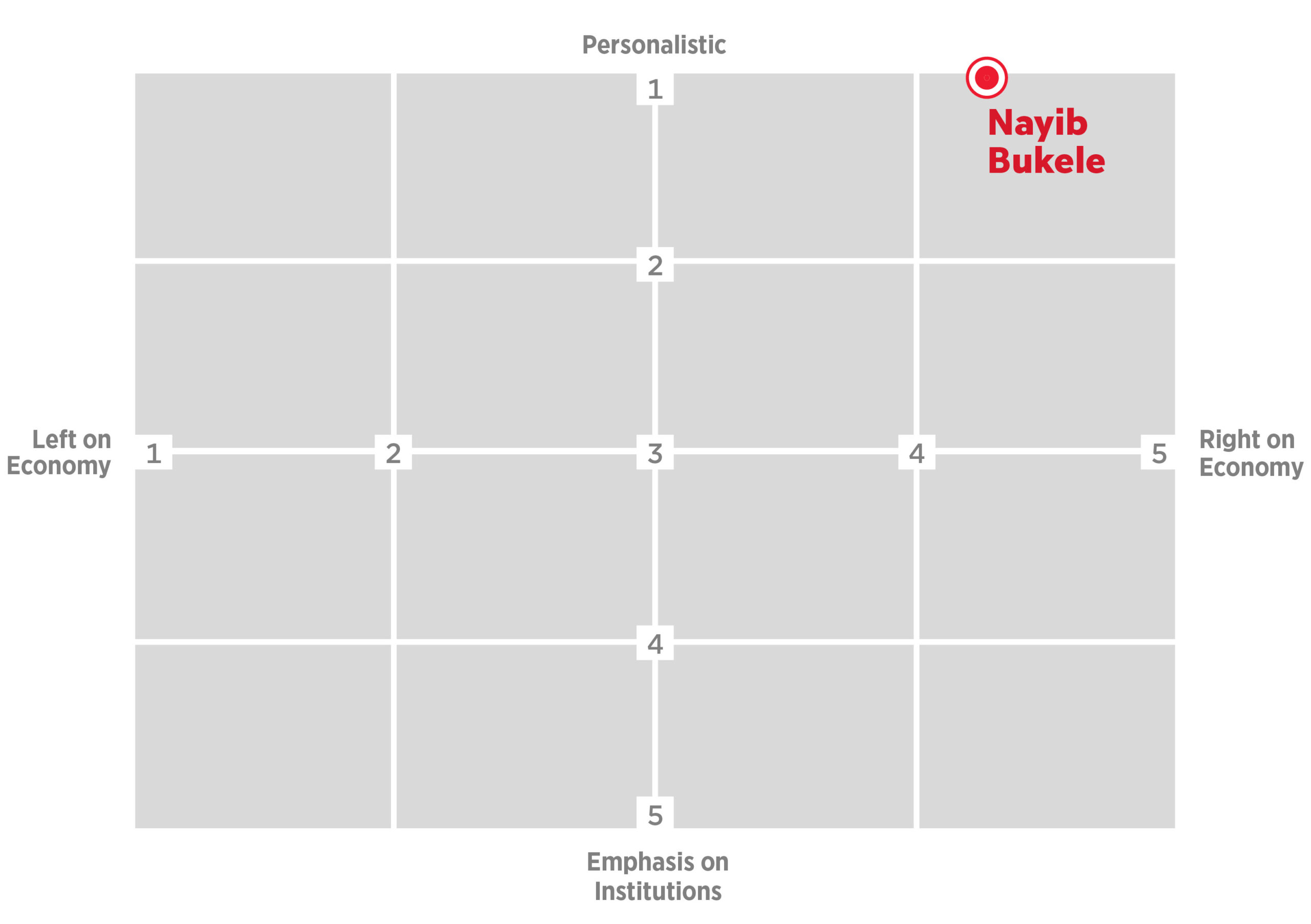
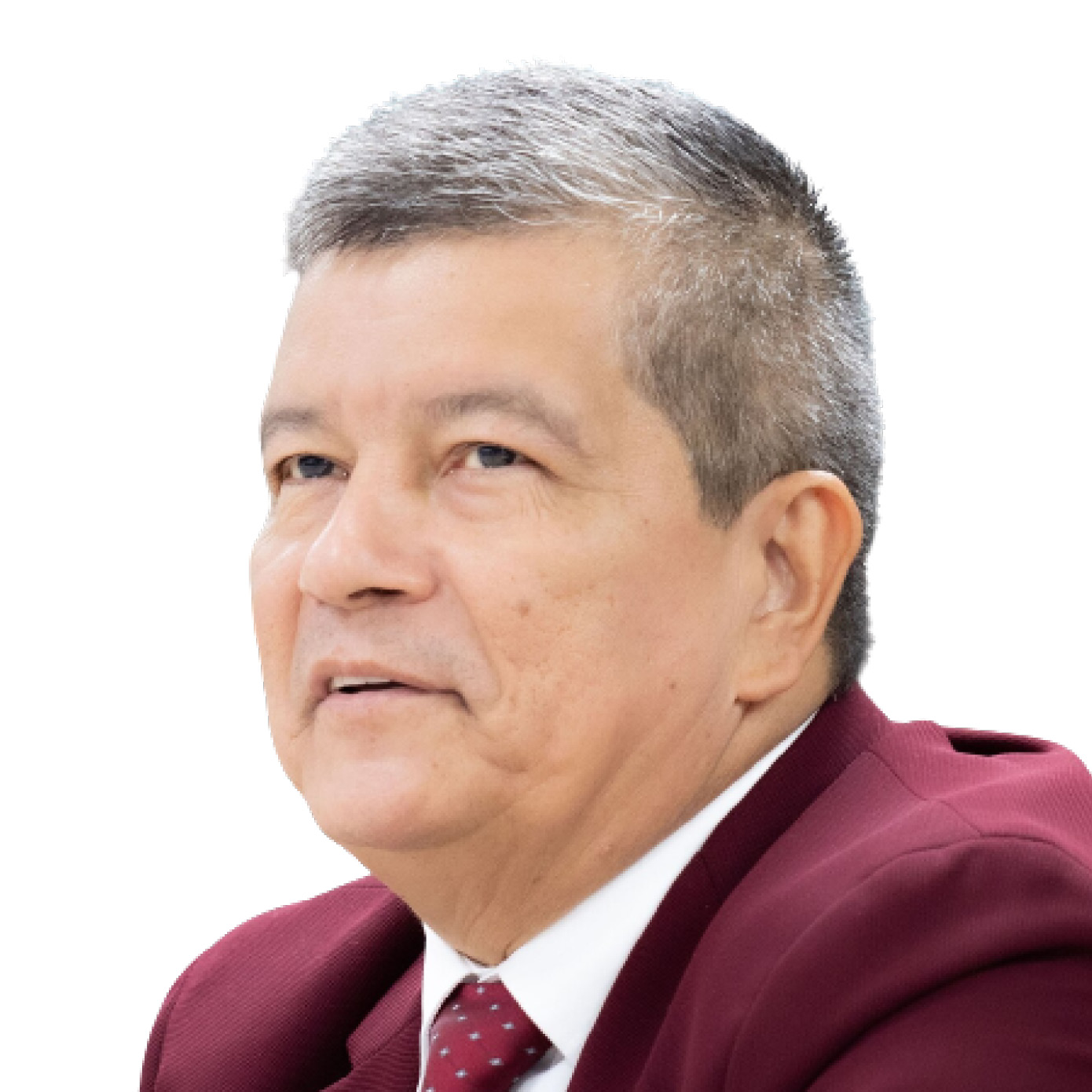
Manuel Flores
58, former lawmaker
Farabundo Martí National Liberation Front (FMLN)
“My job is to restore trust in the FMLN.”
HOW HE GOT HERE
Flores started in politics in his hometown of Quetzaltepeque, where he was elected to the city council in 2000. Three years later, he was elected mayor and served three terms before winning a seat in Congress in 2012. As a lawmaker, he successfully pushed for El Salvador to open diplomatic relations with China. The FMLN limits their legislators to two terms, so he did not run for Congress in 2019.
WHY HE MIGHT WIN
Bukele’s popularity is so high that other challengers may not have much of a chance. But Flores has not been implicated in the corruption scandals that have shaken his party and placed two former FMLN presidents under investigation. The party has a core of die-hard organizers who will try to persuade former FMLN voters to return to the party.
WHY HE MIGHT LOSE
The FMLN lost over 1 million votes between the 2014 and the 2019 presidential elections amid corruption scandals.
WHO SUPPORTS HIM
The FMLN maintains a small base of loyal leftist backers in towns and cities where support for the party stretches back to the years of El Salvador’s civil war. However, Flores does not necessarily have the support of all FMLN members; he secured the party’s nomination after running unopposed.
WHAT HE WOULD DO
Flores would seek to resolve controversial social issues like abortion and same-sex marriage through plebiscites. He has also said he would attract foreign investment to El Salvador, likely in part by strengthening relations with China, and increase spending on a range of social programs.
IDEOLOGY
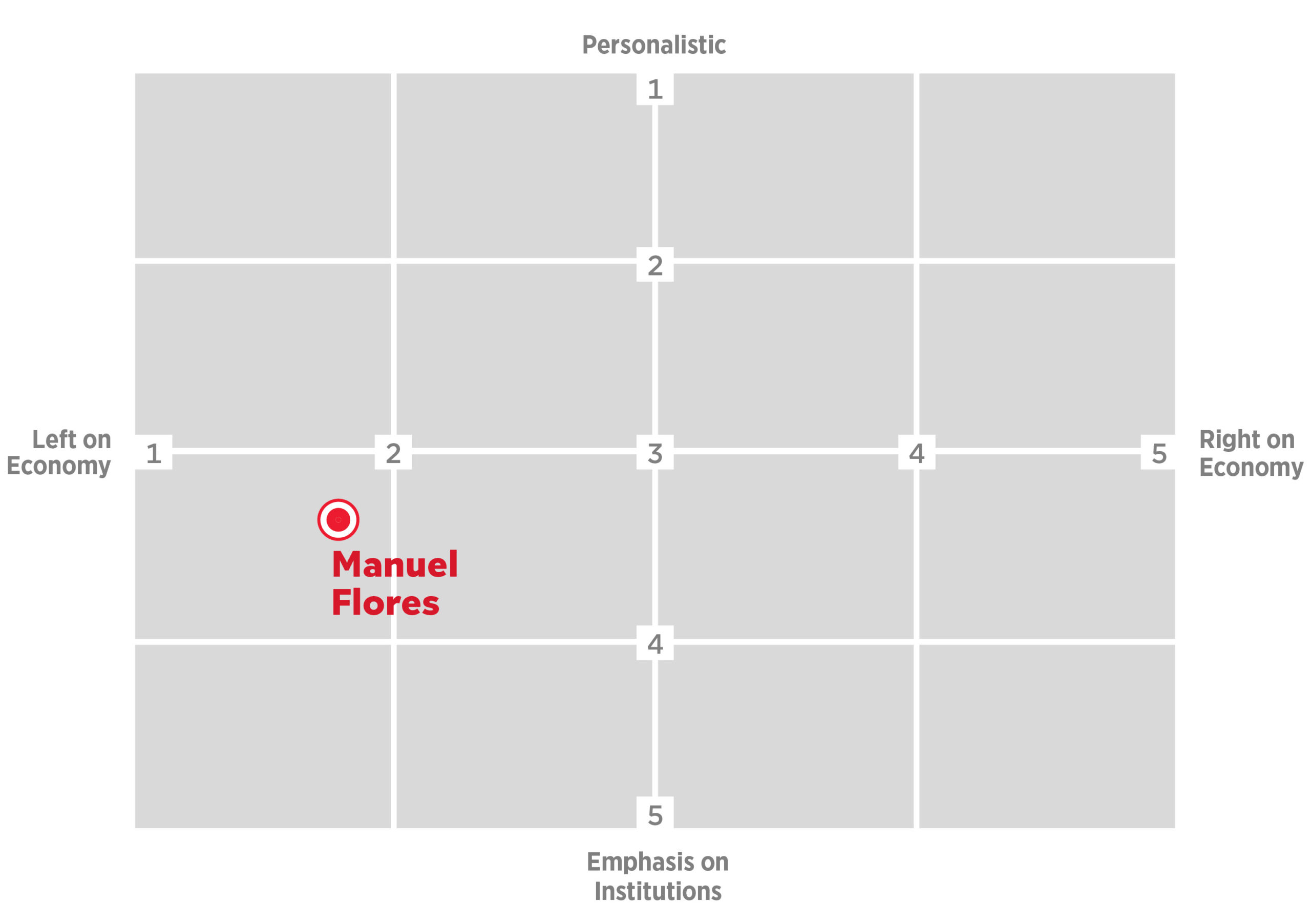
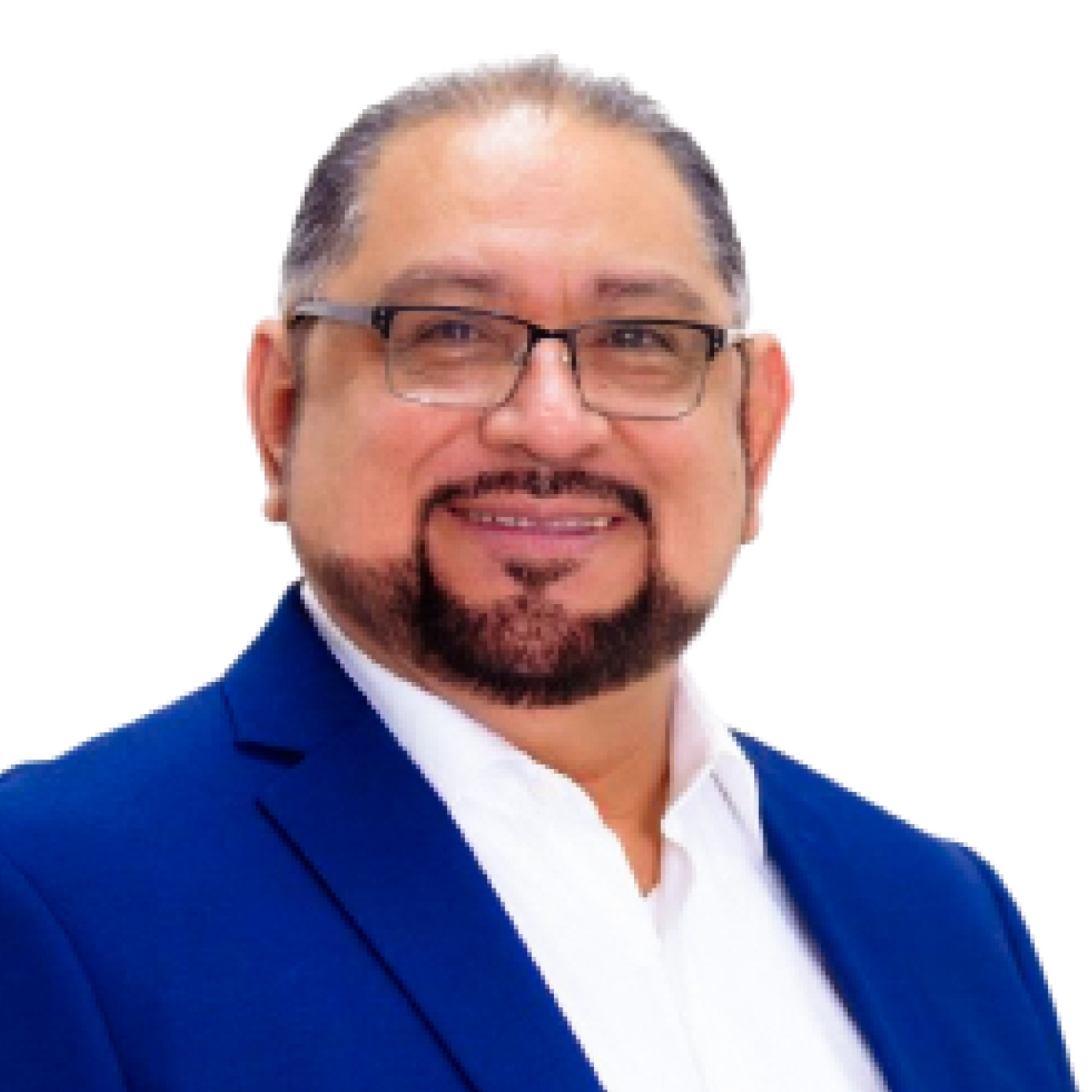
Joel Sánchez
55, businessman
Alianza Republicana Nacionalista (ARENA)
“If a policy is working, we won’t destroy it. We’ll continue it and improve it.”
HOW HE GOT HERE
A businessman from Cojutepeque, Sánchez emigrated to the U.S. when he was 19. A resident of Dallas, Texas, he founded a commercial cleaning and maintenance company that now operates in several U.S. cities, Mexico and El Salvador. He has advocated for Salvadoran migrants seeking legal residency in the U.S., but has never before run for public office. He was first proposed as a presidential candidate by Citizen Resistance, an anti-Bukele civil society coalition.
WHY HE MIGHT WIN
Sánchez trails Bukele by a wide margin in the polls, and most observers see victory as highly improbable. But he may gain some traction among the Salvadoran diaspora, benefiting from a new law that makes it easier to vote from abroad. His message focuses on improving the economy. ARENA has national reach, and he may also be able to convince other opposition parties to support him.
WHY HE MIGHT LOSE
Bukele is overwhelmingly popular, and Sánchez is unlikely to catch up before the election.
WHO SUPPORTS HIM
ARENA’s supporters are concentrated in San Salvador. They are primarily private sector leaders and those who operate or work in small and medium-sized businesses. Sánchez may also garner support from the Salvadoran diaspora and other smaller parties.
WHAT HE WOULD DO
Sánchez would focus on economic growth, seeking to boost job creation and investment by loosening regulations. He would specifically encourage the Salvadoran diaspora to invest in the country and participate more directly in its economy and politics.
IDEOLOGY
